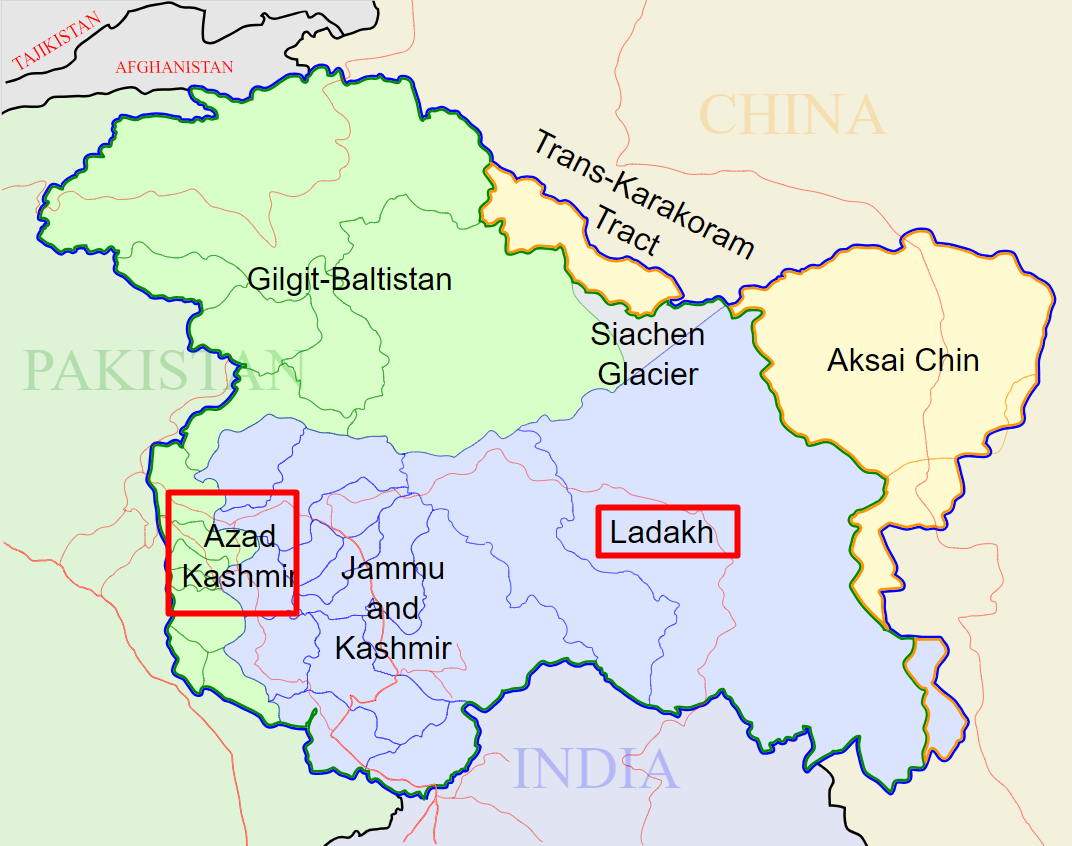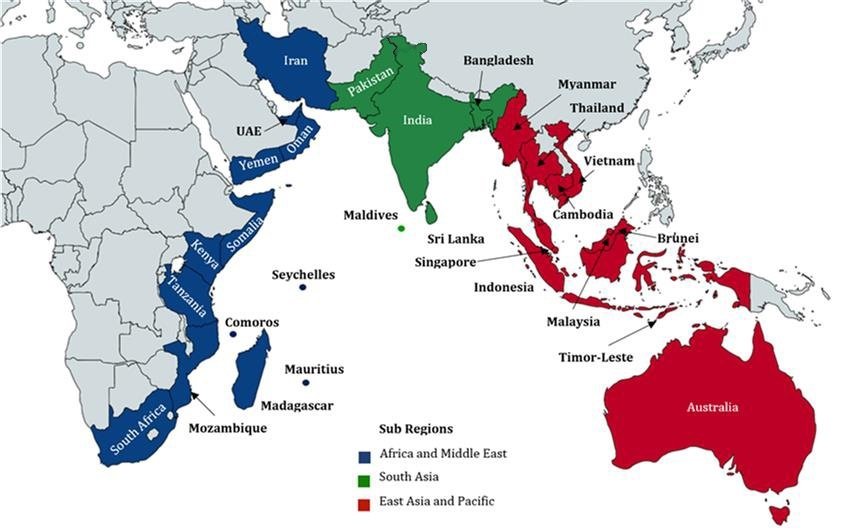
Toxic Masculinity, Impacts of Toxic Masculinity
Subscribers of "Current Affairs" course can Download Daily Current Affairs in PDF/DOC
Subscribe to Never Miss an Important Update! Assured Discounts on New Products!
Must Join PMF IAS Telegram Channel & PMF IAS History Telegram Channel
- Concept: Toxic masculinity (Kabir Singh and Animal) is a concept that highlights certain harmful behaviours and attitudes associated with traditional stereotypes of masculinity.
- It refers to societal expectations and pressures on men to conform to specific norms (for example, man is the family’s breadwinner) that can be damaging to both men and the society.
How is masculinity reflected in the society?
- Emotional suppression: Men are conditioned to suppress emotions, except for anger or aggression, as showing vulnerability or sensitivity is seen as a sign of weakness.
- Limited range of expression: Toxic masculinity restricts the range of behaviours deemed acceptable for men. Empathy, nurturing, or affection are often discouraged or considered unmanly.
- Dominance and aggression: Traits like dominance (Alpha Male!), aggression, and toughness are glorified. Men are often taught that they must assert power or control over others, leading to aggressive behaviour that perpetuates violence or conflict (Related: Decoding the mind of a rapist).
Impacts of Toxic Masculinity
Mental health issues
- Emotional repression can lead to increased stress, anxiety, depression, and even suicidal tendencies.
- The pressure to conform to stereotypical male norms prevents many from seeking help or expressing their emotional struggles, exacerbating mental health issues.
Relationship challenges
- Toxic masculinity affects how men relate to others, especially in intimate relationships.
- Difficulty expressing emotions and lack of empathy can strain relationships, leading to communication breakdowns, emotional distance, and increased conflict.
Violence and aggression
- The glorification of dominance/aggression in toxic masculinity contributes to a culture of violence.
- Men may feel compelled to resolve conflicts through aggression or violence, perpetuating a cycle of harm that affects not only themselves but also their communities.
Societal consequences
- Toxic masculinity perpetuates systemic issues such as gender inequality, reinforcing power imbalances and limiting opportunities for both men and women.
- It also hinders progress towards gender equality and inclusivity, impacting social structures and cultural attitudes.
Self-image and identity struggles
- Men adhering to toxic masculinity often face internal conflicts as they struggle to reconcile societal expectations with their authentic selves. This conflict between conforming to societal norms and expressing their true identities can lead to insecurity and self-doubt.
Impact on women and LGBTQ+ Individuals
- Toxic masculinity reinforces gender stereotypes and expectations, leading to discrimination, sexism, and misogyny.
- It can manifest as controlling behaviour, objectification of women, and the perpetuation of harmful stereotypes.
- Moreover, it contributes to the stigmatisation and marginalisation of LGBTQ+ individuals who don’t conform to traditional gender norms.
Methods to Overcome Toxic Masculinity
Education and Awareness
- Promoting education and awareness programs in schools, workplaces, and communities that challenge traditional gender roles and stereotypes.
- Encouraging discussions about masculinity, the effects of rigid gender norms and gender equality.
Redefining masculinity
- Encouraging a broader definition of masculinity, including emotional intelligence, empathy, and nurturing qualities.
- Highlighting and celebrating diverse representations of masculinity to counter stereotypes and provide positive role models.
Others
- Encouraging emotional expression: Creating safe spaces for men to express emotions and vulnerability and seek help without fear of judgment or stigma.
- Challenging behaviours that perpetuate sexism, misogyny, homophobia, and transphobia.
- Promoting healthy relationships: Encouraging healthy communication and empathy in relationships, emphasising the value of emotional intimacy and mutual understanding.
- Supportive networks and role models: Fostering supportive networks where men can engage in open dialogue, share experiences, and support each other in challenging toxic masculinity.
- Policy and institutional changes: Advocating for policies that promote gender equality, support diversity, and discourage gender-based discrimination in institutions and workplaces.





![PMF IAS Environment for UPSC 2022-23 [paperback] PMF IAS [Nov 30, 2021]…](https://pmfias.b-cdn.net/wp-content/uploads/2024/04/pmfiasenvironmentforupsc2022-23paperbackpmfiasnov302021.jpg)











